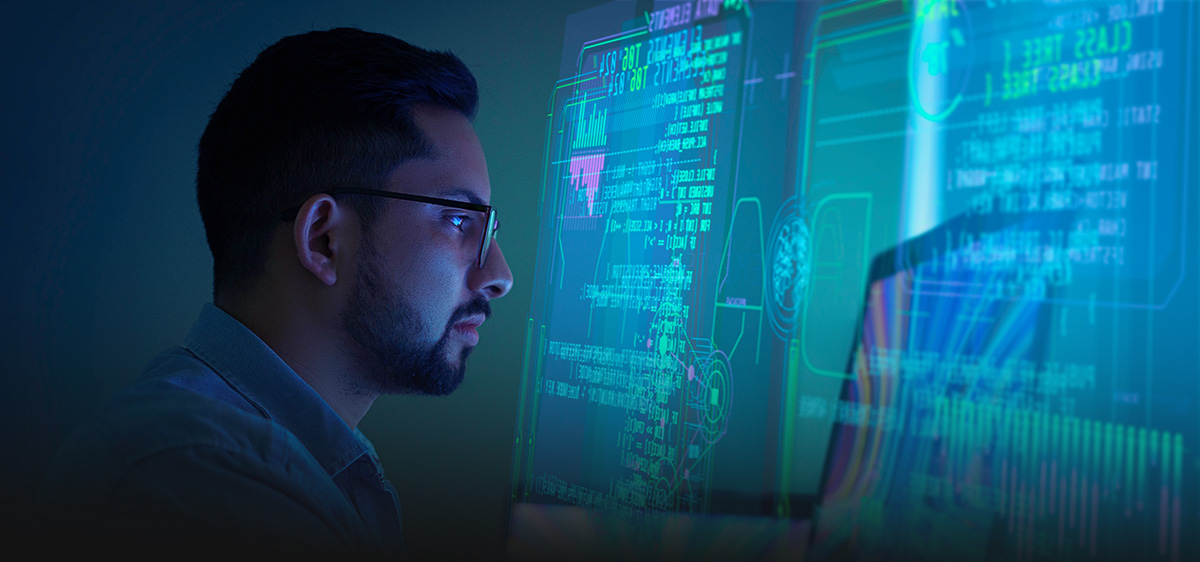IP Wars: Who’s The Real Enemy?
Thanks to the blackout of Wikipedia and the efforts of Google and Facebook, the federal bills known as SOPA (Stop Online Piracy Act) and PIPA (Protect IP Act) have been put on the back burner for revision. The actions last month by the three websites generated millions of protest emails against the controversial legislation. But as unpopular as the bills are because of their perception as going against the spirit of keeping the Internet free and open, the problem of stolen goods continues to be pervasive.
Knock-off bogus products make the world go round to the tune of $135 billion, the amount of sales attributed to counterfeit goods sold online. I admit that not a day goes by when I’m not tempted to buy a darling Coach bag for $49. The only thing stopping me is that the offer comes wrapped in spam (and a potential payload of malware).
Findings published in 2007 by the 30-nation economic forum OECD claim that losses from the international trade in counterfeit and pirated products total $200 billion. What’s shocking is that this total does not include pirated products distributed over the Internet.
Initially, Massachusetts and New England-based companies such as Bose, ESPN, New Balance and Timberland supported SOPA and PIPA. Now, many organizations have turned their backs on SOPA to align with Internet giants that have no intellectual property to worry about losing. How would you feel about this legislation if pirates stole your IP and resold it for profit?
Let’s be clear on one provision: The bills never aimed to shut down a U.S. website because of its links to piracy sites that infringe on copyrights. The bill would simply ask that site to remove links to rogue sites that courts find to be peddling contraband.
The Business Software Alliance, an anti-piracy group supported by the likes of Apple and Microsoft, as well as several Massachusetts companies, supported SOPA but stressed in a November blog post how “much work remains ahead” for Congress to review it. Last year, the BSA filed an eye-opening study on the problem that said emerging economies “have become the driving force” behind software piracy, which jumped 14 percent in 2010.
And real jobs are at stake. In May 2011, the Federal Trade Commission stated: “U.S. firms in the IP-intensive economy reported that an improvement in China’s (intellectual property rights) protection and enforcement to levels comparable to the United States’ would likely increase employment in their U.S. operations by approximately 923,000 jobs.”
Whatever happened to our trust in a government designed to protect its people?
Granted, the public’s initial response to laws perceived to even hint at Internet regulation will be negative. Many protests to the bills were irresponsible and opposed these piracy rules based on exaggerated claims behind their potential enforcement. We should break our habit of seeing the government as the bad guys, then get a grip and face the real bad guys: online pirates that don’t play by the rules.
By Michelle Drolet, founder and CEO, Towerwall
This article was recently published in Worcester Business Journal


